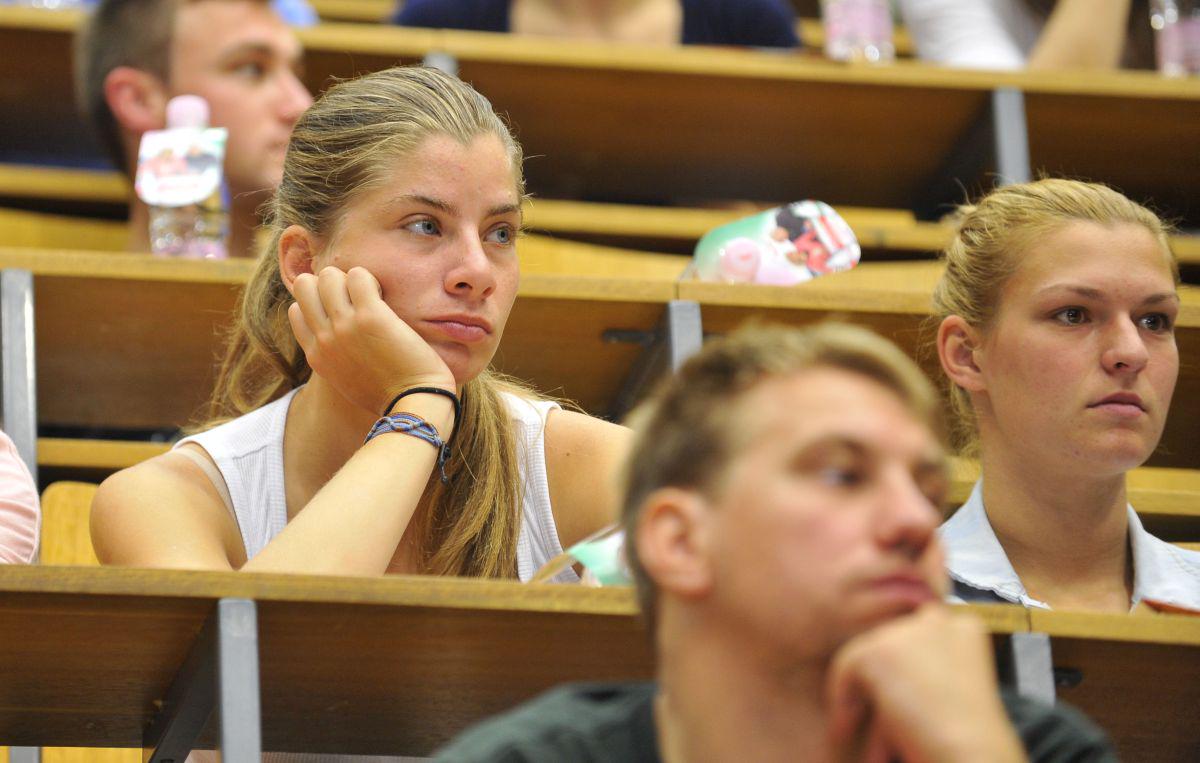All the smaller generations of high school graduates and the economic crisis, which reduced the financial ability of individuals to pay for their studies and the unemployment of graduating students of social sciences, are the reasons which have reduces the number of students in Slovenia over the last seven years – the number went from 90,000 to 66,000, believes the director of the National Association for Quality Assurance in Higher Education, Franci Demšar.
The number of higher education study programs has grown. 925 have been accredited, and the number of higher education institutions has increased as well. In the last 4 to 5 years, public universities or private schools have not opened any new higher education institutions.
Private higher education institutions without concessions – a tenth of all students study there - maintain the number of students, and they use innovative approaches and adaptability to gain new self-paying students.
What about the quality of the studies? The latest analysis of more than half of higher education institutions shows, that there are some of those which do not meet quality standards, and about half of them have a lot of potential for improvement, while the rest of them have good results. The Agency, the Ministry of Education and the Employment Service are preparing a study on the employability of graduates from different faculties.


































































